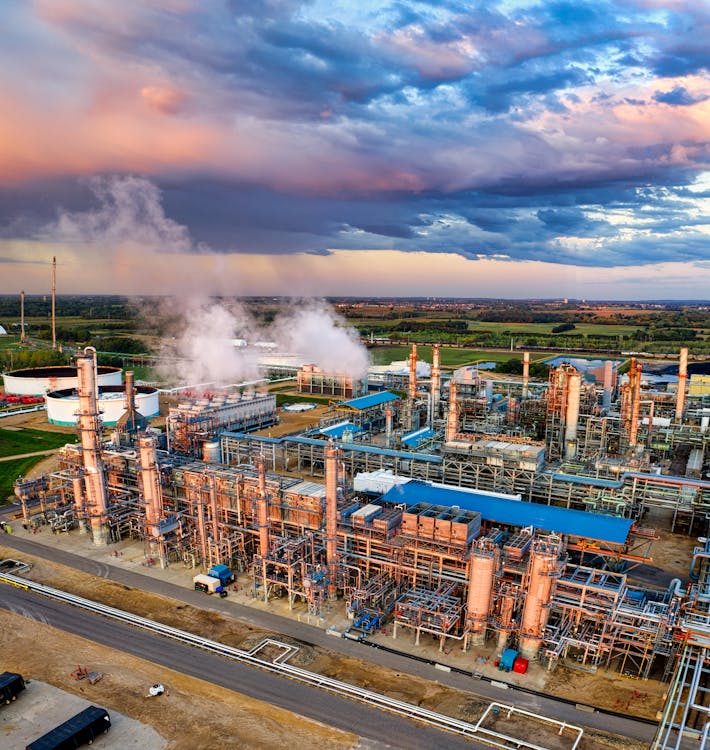
U.S. sees growing trend in holding big oil companies liable for climate change
Jun 02, 2024
Washington [USA], June 2: A new wave of legal and legislative efforts targeting fossil fuel companies is gaining momentum in the United States, demonstrating a growing public effort to hold big oil and gas companies accountable for their impact on climate change.
A new national poll by Data for Progress found that a majority of U.S. voters, or 62 percent, support lawsuits against fossil fuel companies for their role in the climate crisis.
The poll, conducted on 1,206 likely voters from May 3 to 4 also indicated that nearly half, or 49 percent, of the respondents back criminal charges against these companies.
Notably, support for litigation skewed along party lines, with 84 percent of Democrats and 59 percent of independents in favor, compared to 40 percent of Republicans, according to the polling firm.
The poll showed that human health and environmental concerns drove public support for lawsuits.
Over half, or 54 percent, of respondents who back litigation believe fossil fuel companies' practices pose a current and potential future threat to the public. Additionally, 43 percent point to the loss of wildlife and plant life due to climate change as a reason to hold these companies responsible.
Demographics also play a role, with women, voters aged under 45, and college-educated individuals expressing greater support for legal action.
These findings suggest that climate change lawsuits against oil and gas giants may enjoy strong public backing, especially in Democratic-leaning areas, said the group.
The findings align with a recent move by Vermont, which has become the first U.S. state to enact a law requiring fossil fuel companies to shoulder some of the financial burden of climate change damages.
Vermont Governor Phil Scott allowed the bill to become law without his signature on Thursday. The legislation mandates a report by Jan. 15, 2026, detailing the total cost of greenhouse gas emissions to Vermont and its residents between 1995 and 2024. The state will then use federal data to determine the portion of greenhouse gas emissions attributable to each fossil fuel company.
While Vermont leads the way, other states like Maryland, Massachusetts, and New York are considering similar measures. This trend has drawn strong opposition from the American Petroleum Institute, the top lobbying group for the oil and gas industry.
"This punitive new fee represents yet another step in a coordinated campaign to undermine America's energy advantage and the economic and national security benefits it provides," Scott Lauermann, the group's spokesman, said in a statement on Friday.
Meanwhile, legal action against fossil fuel companies is also gaining momentum. Michigan is poised to become the ninth U.S. state to sue these companies, joining California and others that have already filed lawsuits.
California's lawsuit, filed in September last year, accused Exxon Mobil, Shell, Chevron, ConocoPhillips, and BP of misleading the public about the risks of fossil fuels and their role in wildfires and other extreme weather events that have caused billions of dollars of damage to the state.
California's complaint argued that the companies had known since at least the 1960s that the burning of fossil fuels would warm the planet and change the climate, but they downplayed the looming threat in public statements and marketing.
According to the Center for Climate Integrity, at least 33 lawsuits have been filed against fossil fuel companies as of April. These lawsuits, brought by states, municipalities, and tribal governments, allege violations of various laws, including consumer protection, public nuisance, and fraud and racketeering.
Some lawsuits seek compensation for climate damages, while others aim to impose penalties or compel the companies to fund education campaigns about climate threats, according to the nonprofit organization.
However, legal experts warn that these cases could take years, even decades, to reach any resolution.
Source: Xinhua









